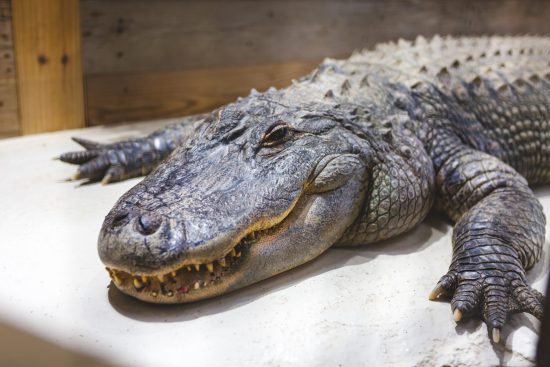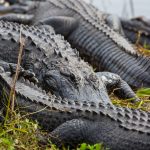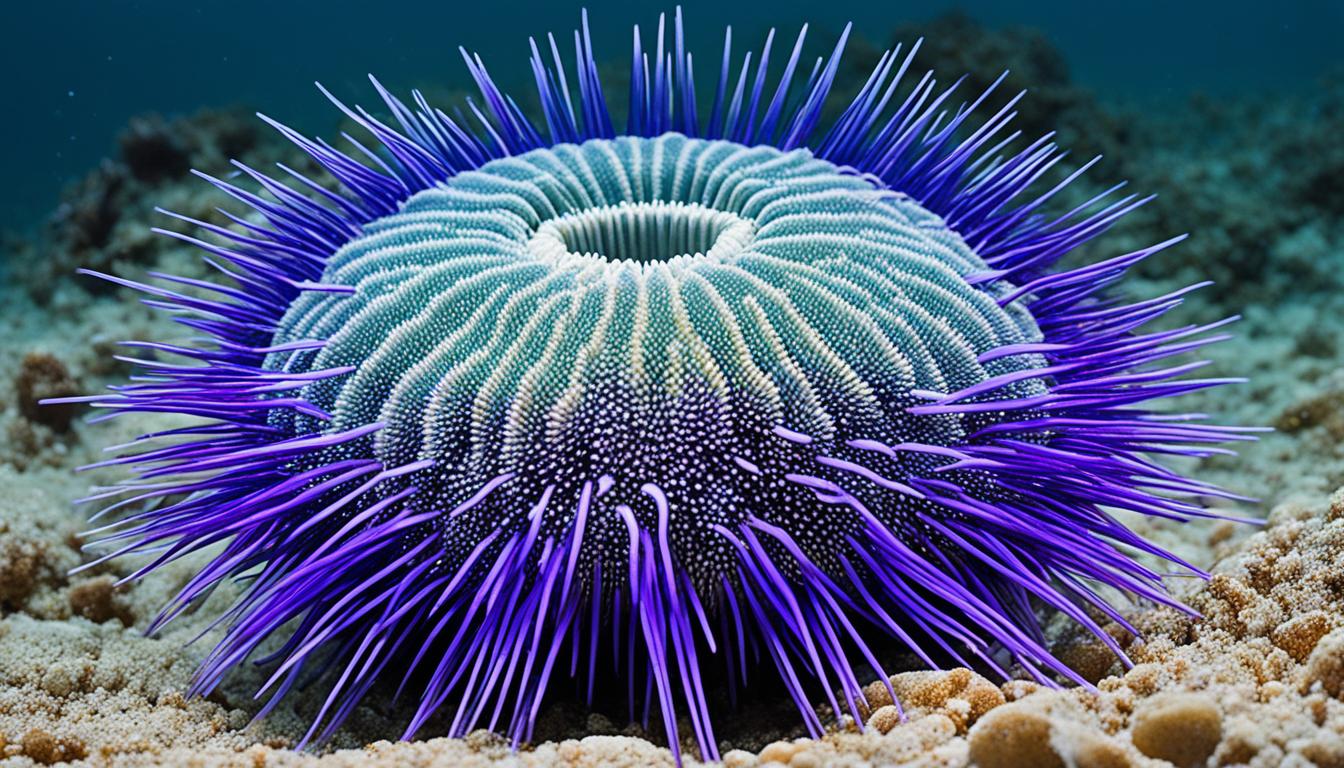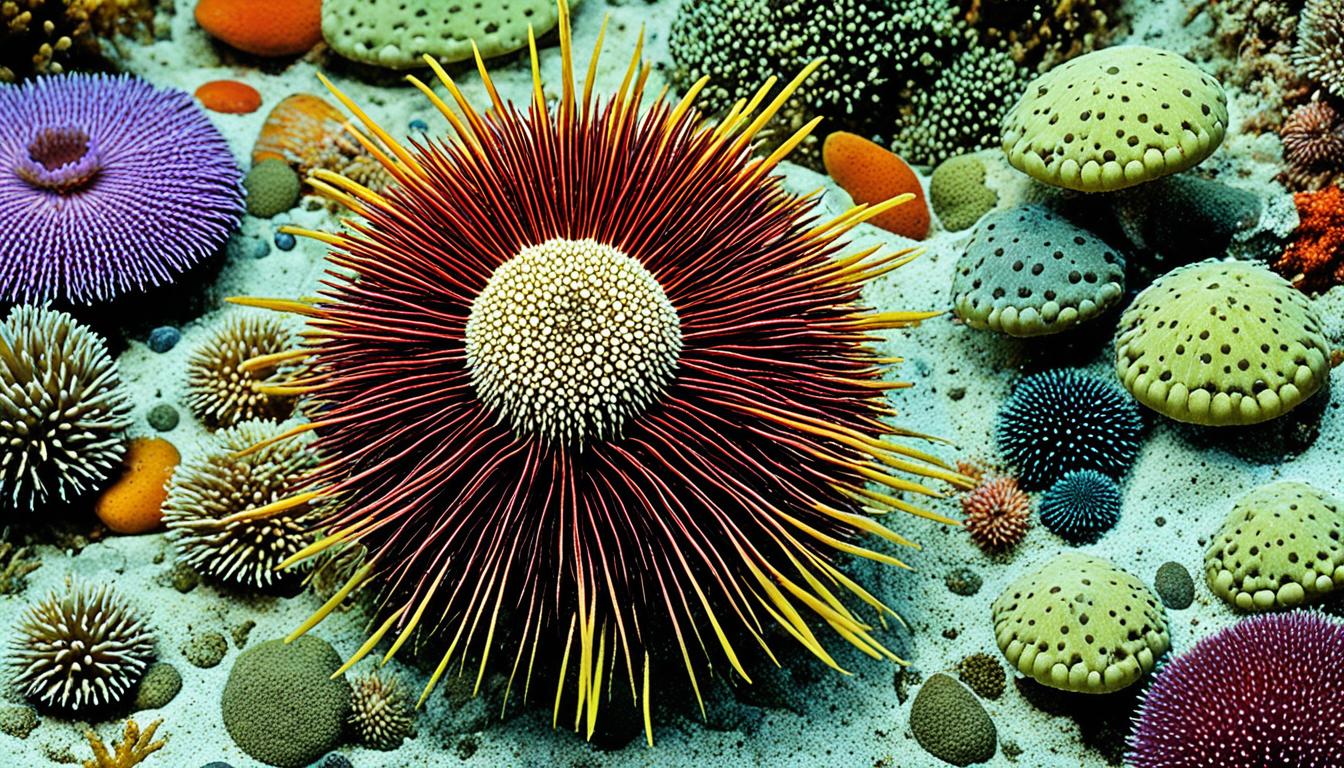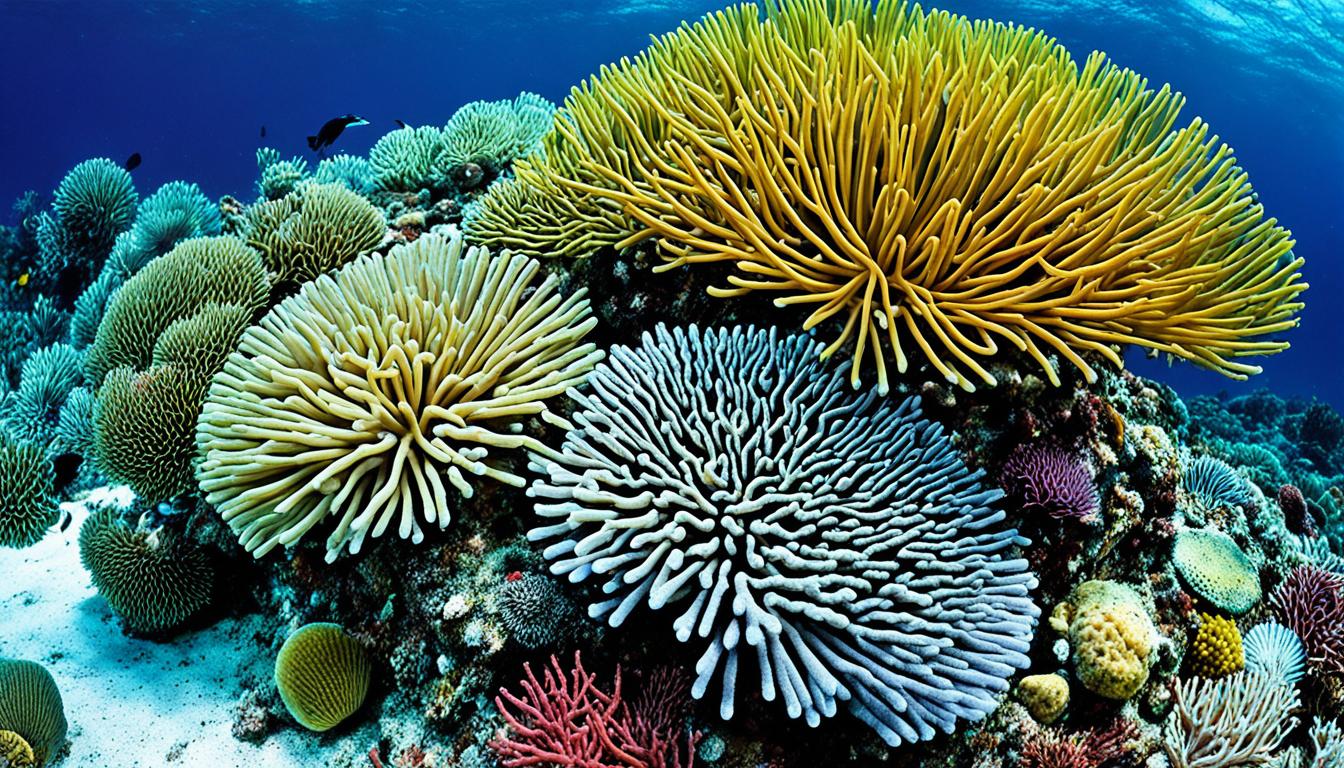Alligator mating season is a fascinating time of the year when these reptiles engage in numerous behaviors specific to their quest for a mate. Typically, the mating season occurs at the end of March or the beginning of April but could start early depending on weather conditions, such as higher temperatures as observed in Florida recently.
During this period, alligators are more active, and several noticeable changes in their behavior can be observed. For instance, they may be louder, more aggressive, or move around more in search of a mate. It is essential to be informed about these changes as a means of staying safe and better understanding these remarkable creatures.
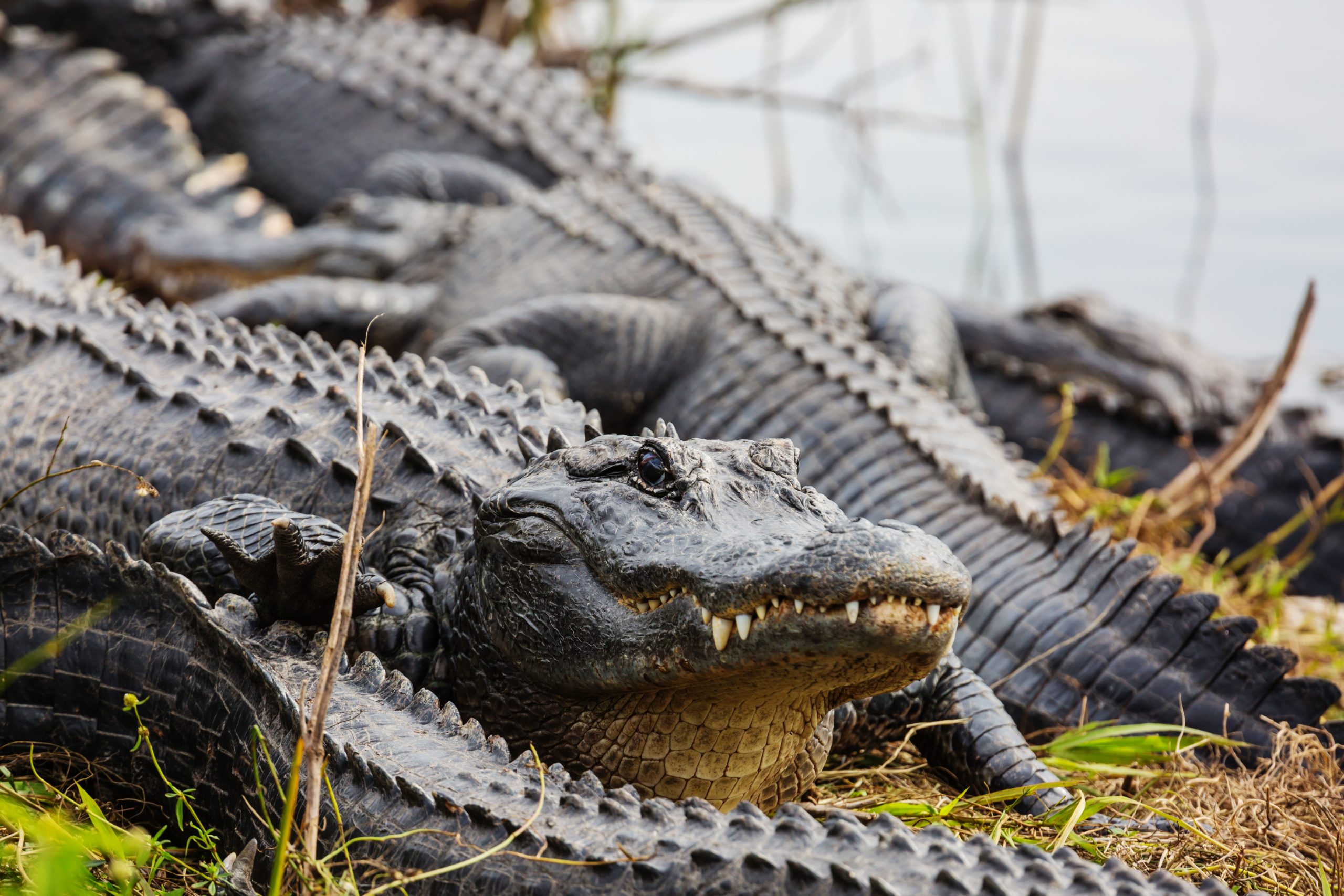
Alligator Mating Season
Alligator mating season usually takes place between the end of March and the beginning of April, depending on the weather conditions. Higher temperatures can cause the mating season to start earlier, as seen in Florida.
During this time, alligators may behave differently as they engage in courtship rituals and seek mates. Male alligators often bellow and make loud vocalizations to attract females, while females will respond with their own vocalizations. This communication plays an essential role in finding a mate and establishing dominance in the alligator population.
After successful mating, female alligators will build nests using soil, vegetation, or debris in late June or early July. They will then lay between 32 to 46 eggs, which will incubate for approximately 63 to 68 days before hatching, as mentioned in WFLA News.
During the mating season, humans must be aware of their surroundings, as alligators may be more active and territorial. Keeping a safe distance from alligators, and their nests, and avoiding feeding them can help prevent conflicts between humans and these fascinating reptiles.
Behavioral Changes During Mating Season
Mating Calls and Bellowing
During the alligator mating season, which typically occurs in June, their behavior changes significantly to attract potential mates (source). Males engage in loud bellowing and mating calls to attract female attention. This can create quite a noisy and active environment in areas with high concentrations of alligators.
Aggression and Territorial Behavior
Alligators are known to become more aggressive during the mating season. This increase in aggression can lead to a higher likelihood of encounters between alligators and humans as they become more active and territorial (source). It is important for people living in areas populated by alligators to exercise caution and remain vigilant during this time.
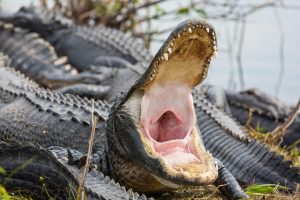
Courtship and Mating Rituals
Alligators engage in distinct courtship behaviors, such as the male’s impressive “water dance” in which he swims and vibrates his body to create intricate water movements (source). Males may also touch and nudge females to signal their interest, and females will sometimes respond by biting or nipping at the male. However, the actual mating process is relatively brief compared to the duration and intensity of the courtship rituals.
In summary, during the alligator mating season, behaviors such as mating calls, increased aggression, and intricate courtship rituals can be observed. Individuals living in alligator-populated areas need to remain cautious and informed during this time.
Factors Influencing Mating Behavior
Environmental Factors
Alligator mating behavior is significantly influenced by environmental factors such as temperature, water levels, and habitat availability. A temperature rise, commonly observed in the spring and summer months, triggers the onset of mating season for alligators. This seasonal effect is likely responsible for increased aggression and territorial behavior in male alligators during this time. According to WESH, higher temperatures can sometimes cause the mating season to start earlier in Florida.
Water levels also play a crucial role in alligator mating behavior. As water levels rise, suitable nesting sites become more accessible, enhancing the likelihood of reproductive success. Conversely, low water levels can limit the availability of appropriate nesting sites, which may influence alligator mating behavior, such as increased territorial aggression due to competition for limited resources.
Population Density
Population density has a significant impact on alligator mating behavior. In areas with higher population densities, competition for mates and resources is elevated, leading to increased displays of aggression in male alligators. Female alligators, on the other hand, may become more selective with their mating preferences due to the increased availability of potential mates.
A study conducted by Joshua Zajdel examined the population genetics and mating dynamics of American alligators. The research revealed that alligators display strong preferences for mates and may travel long distances to find specific mating partners. This further suggests that population density and its influence on mate availability play a critical role in alligator mating behavior.
Impact of Mating Season on Human-Alligator Interactions
Alligator mating season typically begins in early April and lasts until June, with an increase in aggressive behavior as males compete for mates (NBC Miami). During this time, humans must be more cautious and aware of their surroundings, especially near water bodies in alligator habitats.
Alligators may become more territorial and aggressive during mating season, increasing the risk of human-alligator encounters. While incidents are still rare, people should be vigilant and follow key safety guidelines:
- Maintain a safe distance from alligators and avoid swimming in areas where they are known to inhabit.
- Do not feed alligators, as it encourages them to associate humans with food.
- Keep pets on a leash and do not allow them to approach or swim near alligators.
Moreover, they may also be more visible during mating season, as they bask in the sun to regulate their body temperatures. If a nuisance alligator is spotted, report it to local wildlife authorities, and do not attempt to handle it yourself (News4JAX).
By understanding the impact of alligator mating season on their behavior and taking appropriate precautions, human-alligator interactions can be managed safely, ensuring both people and alligators coexist harmoniously during this period.
Do Alligators’ Scales or Skin Change During Mating Season?
During mating season, there are no notable changes in the texture or appearance of alligator scales versus skin. Alligators rely on their tough, bony plates, known as scales, to protect their body. However, their skin may become more vibrant or intensified in coloration to attract potential mates. Nonetheless, the distinction between alligator scales versus skin remains constant.
Conclusion
Alligator mating season typically occurs between April and June, with increased activity during this time as they engage in courtship and breeding behaviors (The Reptile Room). This period sees a significant change in their behavior patterns as they look for suitable mates and establish territories.
Males become more vocal, emitting loud bellowing sounds to attract females and warn off rival males (FOX 35 Orlando). They are also known to fertilize several female alligators each season, highlighting the competitiveness of the breeding process (Wild Florida Airboats).
Considering the changes in behavior during the mating season, it is essential for people living in areas with alligator populations to be cautious and aware of their surroundings. By respecting the habitats and behaviors of these fascinating creatures, we can ensure both their safety and ours.

